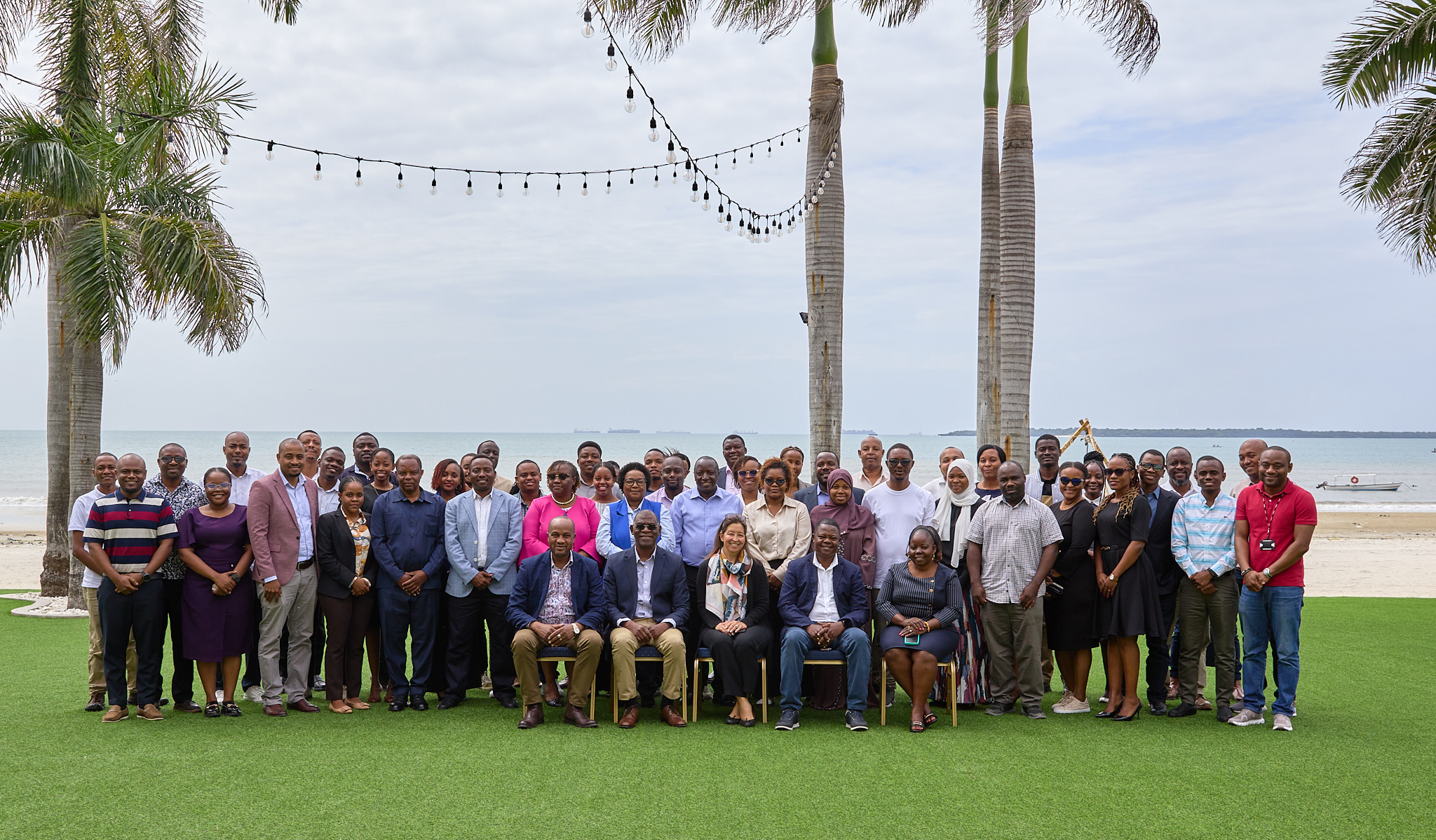
ENGAGEMENT: Ifakara hosts Gates Foundation expert for collaborative research discussions

Ifakara Health Institute was honored to host Dr. Estée Török, an internationally recognized infectious disease expert and Senior Program Officer for Malaria/Global Health at the Gates Foundation, from June 17 to 20, 2025, for a series of strategic meetings held at the Institute’s Dar es Salaam and Bagamoyo Offices. The meetings aimed to strengthen collaboration, advance shared research goals with Ifakara, and explore new opportunities for scientific partnership.
Day 1 – Overview of ongoing Gates Foundation–funded projects
Joining the first day of discussions were colleagues from the National Malaria Control Program at the Ministry of Health, the Zanzibar Malaria Elimination Programme (ZAMEP), and the National Institute for Medical Research—further reinforcing the collaborative spirit of the engagement.
Participants engaged in technical deep dives into key projects, including the Data and Modelling for Decision Making (DM4DM) initiative, MAP Dar Node, and the Malaria Molecular Surveillance in Tanzania Phase 2 (MSMT2 Project). These sessions enabled close interaction with researchers and facilitated a valuable exchange of insights on methodologies, data analysis, and operational challenges.
Day 2 – Young scientists and one-on-one sessions
The second day included engagement with early-career scientists who are part of the DM4DM initiative and the MSMT2 Project. Dr. Török also visited a health facility at Mikoroshini, where some of MSMT2 project activities are being implemented. In addition, she held one-on-one sessions with members of the MAP Dar Node to learn more about the individual work each researcher is contributing to the project.
Day 3 – Field visits to research facilities in Bagamoyo
Dr. Török toured key research facilities in Bagamoyo, including the Bagamoyo Biomedical Laboratory and the Transmission Zero project site in Kingani, to observe firsthand the innovative approaches being employed in vector control and disease research.
She also visited the Vector Control Product Testing Unit (VCPTU) to gain insights into how products such as bed nets and insecticide sprays are rigorously tested for efficacy and safety. Additionally, she toured the Ifakara Training Centre to learn more about the Institute’s Master of Public Health Research program and its role in building local research capacity.
Throughout the visit, Dr. Török met with various young and seasoned scientists discussing strategic priorities and ensuring alignment between current projects and the Institute’s broader goals.
Together, these activities promoted knowledge exchange, strengthened partnerships, and supported Ifakara ’s mission to improve health outcomes through rigorous research and innovation.
